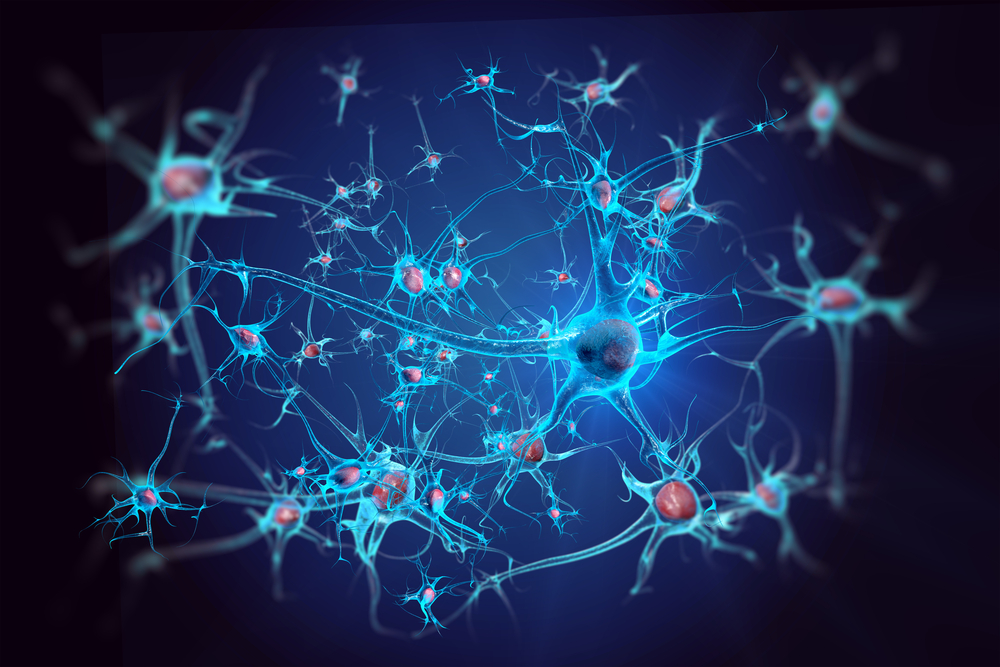Transforming Skin Cells Into Nerve Stem Cells Could Be a Way to Treat MS, Study Suggests
Written by |

Reprogramming skin cells into brain stem cells, then transplanting them into the central nervous system may reduce inflammation and reverse the nerve cell damage in progressive multiple sclerosis, a mouse study shows.
The research, “Macrophage-Derived Extracellular Succinate Licenses Neural Stem Cells to Suppress Chronic Neuroinflammation,” appeared in the journal Cell Stem Cell.
Scientists have dubbed macrophages the immune system’s big eaters because they engulf abnormal cells like cancer in addition to invaders like viruses and bacteria.
Special classes of macrophages live in a number of organs, including the brain and spinal cord, where they’re called microglia.
Although they protect the body, microglia can participate in the development of progressive forms of MS by attacking the central nervous system, causing nerve cell damage. MS is an autoimmune disease, or one in which the immune system can attack healthy tissue besides invaders.
Recent studies have suggested that neural stem cells, which have the capacity to differentiate into any type of nerve cell, can regulate immune response and inflammation in the central nervous system.
At one point, researchers obtained neural stem cells from embryos. But this technique generated only a fraction of the cells needed for treatments.
Meanwhile, doctors have tried to avoid collecting stem cells from someone with a different genetic profile than the patient because this increases the risk that the immune system will attack them once they’re transplanted.
University of Cambridge scientists decided to try reprogramming skin cells into neural stem cells. The idea behind the mouse study was that using skin cells from the same person who will receive the stem cells will reduce the chance that the immune system will attack the stem cells.
In the mouse study, the team discovered a link between higher than normal levels of a small metabolite, called succinate, and chronic MS. The metabolite prompts macrophages and microglia to generate inflammation in the cerebrospinal fluid that bathes the brain and spinal cord.
Transplanting neural stem cells and progenitors of these stem cells into the cerebrospinal fluid of mice improved the animals’ chronic nerve cell inflammation. The stem cells reduced the animals’ succinate levels and switched their macrophages and microglia from a pro- to an anti-inflammatory state. This led to a decrease in inflammation and less damage to the central nervous system.
“Our mouse study suggests that using a patient’s reprogrammed cells could provide a route to personalized treatment of chronic inflammatory diseases, including progressive forms of MS,” Stefano Pluchino, a principal researcher in Cambridge’s Department of Clinical Neurosciences, said in a press release.
“This is particularly promising as these cells should be more readily obtainable than conventional neural stem cells and would not carry the risk of an adverse immune response,” said Pluchino, the study’s lead author.
Luca Peruzzotti-Jametti, a Wellcome Trust research training fellow, said the discovery would not have been possible without a multidisciplinary collaboration. “We made this discovery by bringing together researchers from diverse fields, including regenerative medicine, cancer, mitochondrial biology, inflammation and stroke, and cellular reprogramming.”


